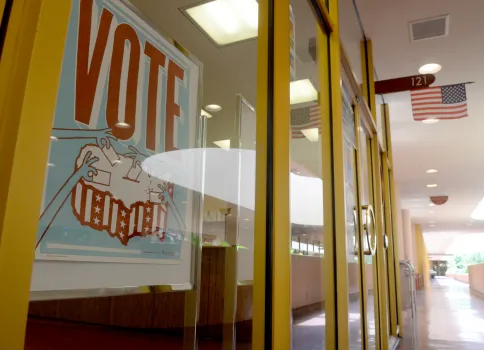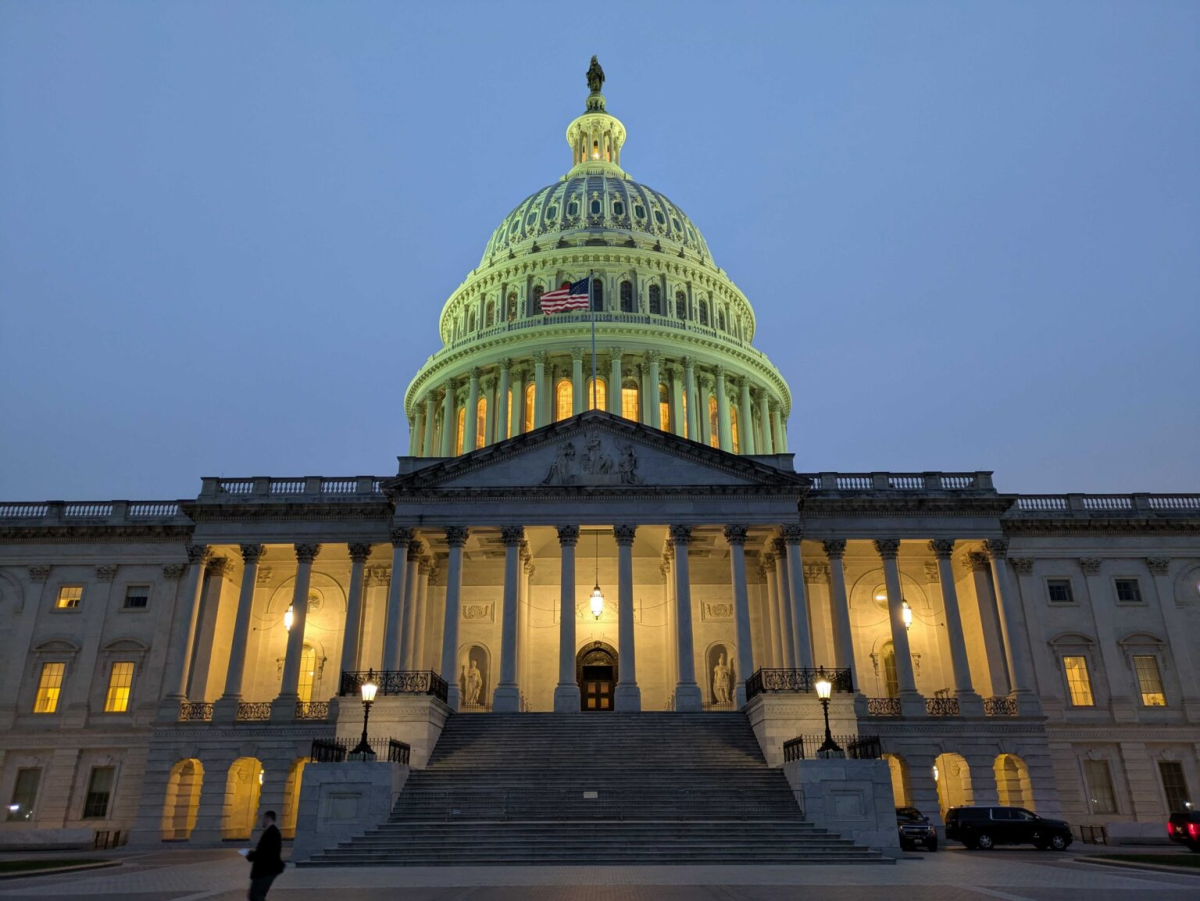New Sanctuary State Legislation
October 20, 2017
Donald Trump, the current president of the United States of America, threatened to cut the budgets of Sanctuary Cities. Chicago, a Sanctuary City, is suing the Trump Administration for budget cuts made. Trump did not threaten to cut state budgets, although it was implied that budgets would be cut if any place were to harbor people with no documents. Sanctuary States are to be determined under this threat, so California and Oregon are still eligible for budget cuts, which may not be as likely with the current lawsuit from Chicago.
California’s Senate Bill 54, or SB-54, made California a Sanctuary State, or a state that prevents law enforcement and deportation officials from communicating except under very rare circumstances. As of Thursday, October 6th, Jerry Brown approved SB-54, officially making California a Sanctuary State. When SB-54 was approved by the state senate, California was well on the way to becoming one of the first Sanctuary States in the country, second only to Oregon. Oregon became the first when HB-3464 (House Bill 3464) became effective on August 15, 2017.
SB-54 repeals the existing law that states when a person is arrested for a violation of controlled substance laws and law enforcement has reason to believe that they aren’t a citizen of the United States, then law enforcement turns the suspect over to deportation officials. A controlled substance is usually a narcotic drug.
SB-54 also makes it difficult for law enforcement to search someone’s past. If the suspect has been convicted of a serious felony in the past 15 years, there is an exception to SB-54. Such felonies include assault, battery, use of threats, sexual abuse, child abuse, child endangerment, burglary, et cetera. There are about 31 felonies that someone could commit that would override this law and allow law enforcement to communicate with deportation officials. This bill can also be overridden if the suspect is on the California Sex and Arson Registry or if the suspect has been convicted of an aggravated felony.
Although there are so many exceptions to who can be convicted under this law, only about 7.5% (820,000 of 11 million) of undocumented immigrants have ever been convicted of a crime, and only 300,000 of those people were convicted of a felony (www.nytimes.com). Out of 11 million people, this number is significantly lower than most people would think.
“It’s a little better, but I know that we need to get those immigrants out of this country because many of them have done some very bad things and we cannot let them hurt us any more,” rants Kyle Vasser, Freshman. Vasser, although wanting undocumented immigrants out of the U.S.A, also wants SB-54 passed. He would like for there to be more situations that would allow law enforcement to communicate with deportation officials. Anything bigger than a traffic fine or a stolen library book would let law enforcement officers communicate with deportation officials about the offender being suspected of having no documents. Vasser also thinks that most states, especially southern states, should focus on making sure that they can secure their borders with this kind of bill. More communication between law enforcement and deportation officials in southern states, yet still having a Sanctuary State law, would represent the interests of both liberals and conservatives by allowing more deportation, but also having a bit more protection for undocumented people. Stereotypes, like immigrants doing nothing but bringing strife to this country, are some of the main drivers of people wanting undocumented immigrants to leave the U.S.A. The stereotype employed by Vasser is about undocumented people doing “bad things”. There may be some people with no documents in the U.S.A that have done bad things (7.5% of undocumented immigrants), but not many.
“Any bill that protects immigrants is probably a good one. I mean, I get that there are reasons that we have these laws, however, the Open Borders Movement is a thing. If you just look at the facts, immigrants haven’t actually hurt us, ever. Except maybe once,” states Finlay Norton-Lindsay, another Freshman. Norton-Lindsay wants all states to follow California and Oregon’s example in becoming Sanctuary States. He understands that many states won’t follow this example, but we don’t want to cast blanket statements. Red states may not adopt this policy, but Norton-Lindsay may be wrong about that. Norton-Lindsay is also opposed to the length of SB-54, being around fourteen pages long. He thinks that so many exceptions aren’t needed, but two parties can’t be separated without a few exceptions that would let those parties communicate. He appreciates the idea that this is a step in the correct direction, but he wants a system put in place where ICE (Immigration and Customs Enforcement) would help undocumented people get papers instead of deporting those people. Norton-Lindsay believes that this is a step to the protection of all people in the U.S.A, and he also believes that ICE should help people to get documentation more often than kicking them out of the country.
Forcing people to leave the U.S.A is basically ripping away their dreams and stomping on them. Undocumented people are as important to the country as documented people. It is justified to deport people if they have committed a felony. If the bill stopped deportation in general, then the very few undocumented people that did commit a felony would be protected from deportation. To send a person away is an effective way to deal with that person, as is putting someone in jail. With so many people in prison, we don’t have space for many more, so we deport people. Although this may seem a little harsh, they are being deported for felonies. Along with protecting society, this helps to protect immigrants that aren’t documented and that haven’t committed very serious crimes. California is definitely taking a step in the correct direction.




























































